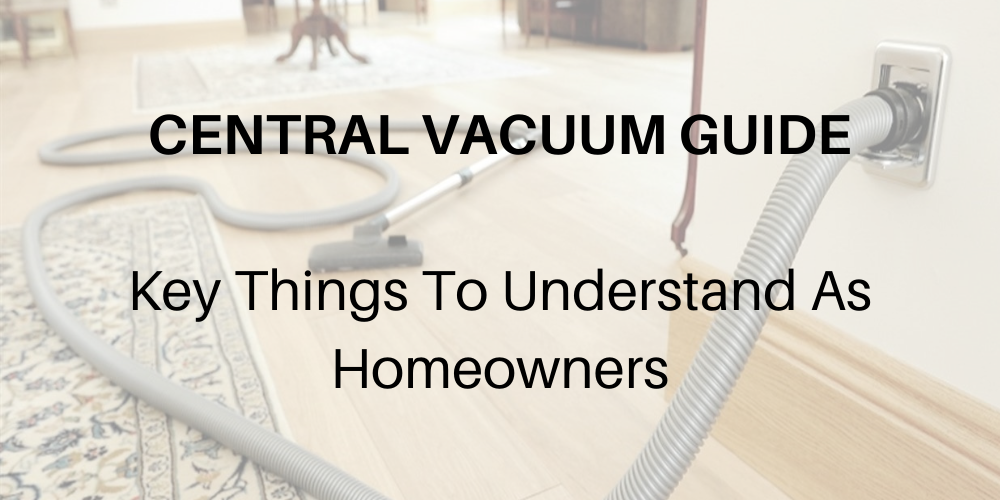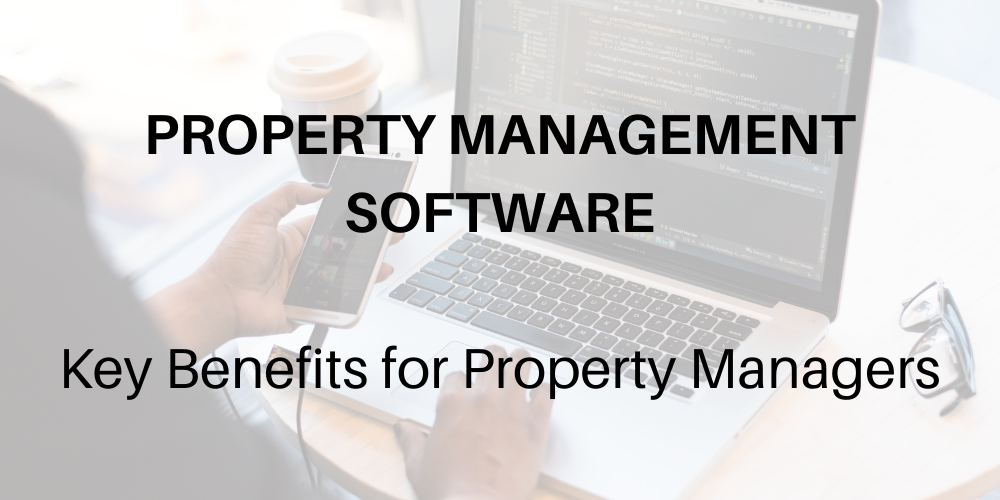How Will Filing Bankruptcy Affect My Mortgage?
https://www.c4dcrew.com/wp-content/uploads/2020/02/CONTRACT-FOR-DEED_-PROS-AND-CONS-9.png 1000 500 Sam Radbil Sam Radbil https://secure.gravatar.com/avatar/c8f81a032b93592f72744c525214f92a?s=96&d=mm&r=gYou are overwhelmed with debt and you have a mortgage to pay.
What do you do?
The next step you take to resolve your financial difficulties (yes, you still have a life after bankruptcy) largely depends upon the type of debt you have, your income, and what you want to do and can do with your secured collateral.
Remember, your mortgage is a secured debt, meaning that it is secured by your real property and that if you default on the mortgage, the mortgage lender can seize the property through a foreclosure action. Further, the mortgage lender can sue you for the account deficiency following the sale of the property at sheriff’s auction.
Here are five common scenarios that feature different treatment of your mortgage depending upon the rest of your financial situation.
You have fallen behind on your mortgage and you do not have enough income to make your monthly mortgage payments, much less repay the mortgage arrears.
In this case, you have the option to file a Chapter 7 bankruptcy petition. Chapter 7 bankruptcy is a 4-6 month liquidation process by which you disclose your income, expenses, assets, and debts. The court determines that you are unable to repay your unsecured debt (like credit card or medical debt) and you receive a discharge of that debt – meaning, you are no longer personally liable for that debt.
When you file a bankruptcy case under Chapter 7, you have two options regarding your mortgage and your home:
You can Enroll in Your State’s Mortgage Modification Program
Most states offer Chapter 7 debtors the opportunity to request a mortgage modification through their bankruptcy filing. This brings the mortgage lender to the table in that the lender is required to participate. Be advised however that no lender is required to give you a modification if a feasible modification just cannot be reached, considering your past-due mortgage debt and your current income.
You Can Surrender Your Real Property
If you know that no matter what mortgage modification is offered you will be unable to afford to pay your monthly mortgage payment, you can “surrender” your property in your Chapter 7 filing and have the underlying debt, the mortgage, discharged as unsecured debt.
“Surrendering” your property means you walk away free and clear, owing nothing. It also means that any foreclosure proceedings or scheduled sheriff’s sales are “stayed” or stopped by the bankruptcy filing’s “automatic stay,”, giving you a few months to live in the house without paying the mortgage and to save money for whatever future housing arrangements you are considering.
You have fallen behind on your mortgage but you have enough income to pay the monthly mortgage payment if your unsecured debts are discharged
In this case you might consider filing a Chapter 13 bankruptcy petition. Chapter 13 is a repayment plan over 3 or 5 years, and will allow you to repay your mortgage arrears over time as long as you can start making the monthly mortgage payment in full and on time as well.
At the end of your Chapter 13 plan you will be current on your mortgage and you will receive a discharge of any unsecured debt, like credit card debt and medical debt. Some past due income tax can also be discharged, under certain conditions.
You are current on your mortgage but have overwhelming credit card or medical debt, and do not have much equity in your home.
In this case, Chapter 7 will really help you. If the equity in your home is less than the state or federal exemption (meaning, the Trustee cannot seize your home and sell it for the benefit of your creditors), then filing Chapter 7 will not affect your mortgage at all – simply keep making the monthly mortgage payment in full and on time throughout your Chapter 7 case.
What Chapter 7 can do for you is get that unsecured debt discharged, as long as you income-qualify to file Chapter 7. If you make too much income to qualify to file Chapter 7, you can file a Chapter 13 case and repay a small amount of unsecured debt to your creditors, and have the remainder discharged at the completion of your plan.
You are current on your mortgage, have overwhelming unsecured debt, and have a lot of equity in your home.
If you have equity in your home that exceeds the applicable exemptions, things get tricky. If you have overwhelming unsecured debt, the bankruptcy court will consider that equity the means by which you can repay your unsecured creditors.
Considering this, how can bankruptcy help? You can still file a Chapter 13 case, and a calculation is made of the unexempt amount of equity in your property. That amount must be paid, proportionately, to your unsecured creditors, as the amount they would have gotten had you filed Chapter 7 and the Trustee seized and sold your home for the benefit of your creditors.
The amount of nonexempt equity in your property will be divided by 36 or 60 months (your 3- or 5-year Chapter 13 plan), and with the addition of the Trustee fee, you will pay that amount to the Trustee every month and the Trustee will make proportional distributions to your unsecured creditors.
This way your home is protected, and you just pay your monthly Trustee payment and continue to pay your monthly mortgage payment in full and on time throughout your Chapter 13 case.
You are current on your first mortgage, have a second mortgage, and have some unsecured debt you are struggling to pay.
If your first mortgage is greater than the current market value of your home, then you can “strip off” that second mortgage as unsecured and have it discharged in a Chapter 13 case.
Yes, you read right. Here is an example:
John and Mary own a home currently worth $225,000. They took out a second mortgage many years ago when the home was worth $280,000, but property values have fallen since then. Their first mortgage balance is $212,000 and the second mortgage balance is $38,000.
John and Mary are “underwater” on their first mortgage in the amount of $13,000. For this reason, they can file a Chapter 13 bankruptcy petition and strip off their second mortgage as unsecured and have it discharged. As a bonus, they can also have their credit card and medical debt totaling $22,000 discharged. Filing Chapter 13 saved John and Mary $60,000!
Wrapping It Up
In conclusion, what happens to your mortgage after bankruptcy depends upon which Chapter you file under as well as your income and your goals in filing the case.
Speak with a bankruptcy attorney about the facts of your particular situation so that you can decide for yourself the best course of action.





